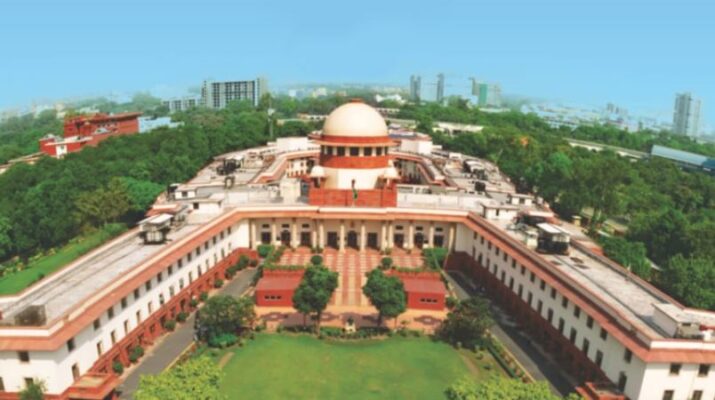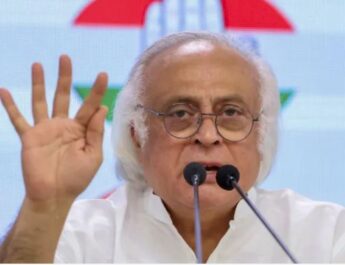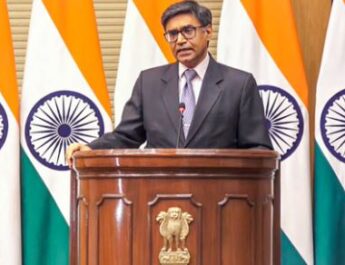New Delhi: The Centre has reportedly submitted a caveat to the Supreme Court, requesting a hearing prior to any decisions being made on petitions that contest the validity of the Waqf (Amendment) Act, 2025. This legislation was the subject of extensive debate in Parliament before being approved by both the Lok Sabha and Rajya Sabha during the recent Budget Session.
According to legal sources familiar with the matter, the petitions are expected to be scheduled for a hearing before a bench on April 15, although this has not yet been updated on the Supreme Court’s official website, as reported by the news agency PTI.
On Saturday, April 5, President Droupadi Murmu granted her approval to the Waqf (Amendment) Bill, 2025, along with the Mussalman Wakf (Repeal) Bill, 2025.
The government released a notification stating, “The following Act of Parliament received the President’s assent on April 5, 2025, and is hereby published for public information: The Waqf (Amendment) Act, 2025.”
The Waqf (Amendment) Bill was passed by Parliament on Friday after the Rajya Sabha approved the legislation following an extensive 13-hour debate. Opposition parties vehemently opposed the Bill, labeling it as “anti-Muslim” and “unconstitutional,” while the government defended it as a “historic reform” intended to benefit the minority community.
The Bill was approved in the Rajya Sabha with 128 votes in favor and 95 against. Earlier, on Thursday, it had been passed in the Lok Sabha, where 288 members voted in support and 232 against.
Additionally, Parliament also approved the Mussalman Wakf (Repeal) Bill. The Rajya Sabha granted its approval, while the Lok Sabha had already passed the Bill, leading to the repeal of the Mussalman Wakf Act, 1923.
With the President’s assent, both pieces of legislation have officially come into effect.
Challenging the Waqf Act
Several petitions have been filed in the Supreme Court contesting the constitutional validity of the Waqf Bill, which is now an Act. Last week, Congress MP Mohammad Jawed and AIMIM president Asaduddin Owaisi approached the Supreme Court to challenge the constitutionality of the Waqf (Amendment) Bill.
According to PTI, more than ten petitions have been submitted to the Supreme Court, including those from politicians, the All India Muslim Personal Law Board, and Jamiat Ulama-i-Hind, contesting the legitimacy of the recently enacted law.
Jawed’s petition contended that the Bill imposed “arbitrary restrictions” on Waqf properties, thereby compromising the religious autonomy of the Muslim community. He asserted that it discriminated against Muslims by enforcing limitations that do not apply to other religious endowments.
Jawed, the Member of Parliament from Kishanganj, Bihar, who served on the Joint Parliamentary Committee regarding the Bill, further argued that it imposed constraints on the establishment of Waqfs based on the duration of religious practices.
In a separate submission, Owaisi claimed that the Bill removed the protections afforded to Waqfs that are granted to religious and charitable endowments of other faiths, labeling this as discriminatory and a breach of Articles 14 and 15 of the Constitution.
AAP MLA Amanatullah Khan has also petitioned the Supreme Court, requesting a declaration that the Bill is unconstitutional, citing numerous violations of constitutional provisions, including Articles 14, 15, 21, 25, 26, 29, 30, and 300-A.
Additionally, the Association for the Protection of Civil Rights (APCR), a non-governmental organization, has challenged the constitutionality of the Bill in the Supreme Court.
The Rashtriya Janata Dal (RJD) has announced its intention to contest the Waqf Amendment Bill in the Supreme Court, with Rajya Sabha MP Manoj Jha and party leader Fayaz Ahmed submitting a petition on behalf of the party on Monday.




